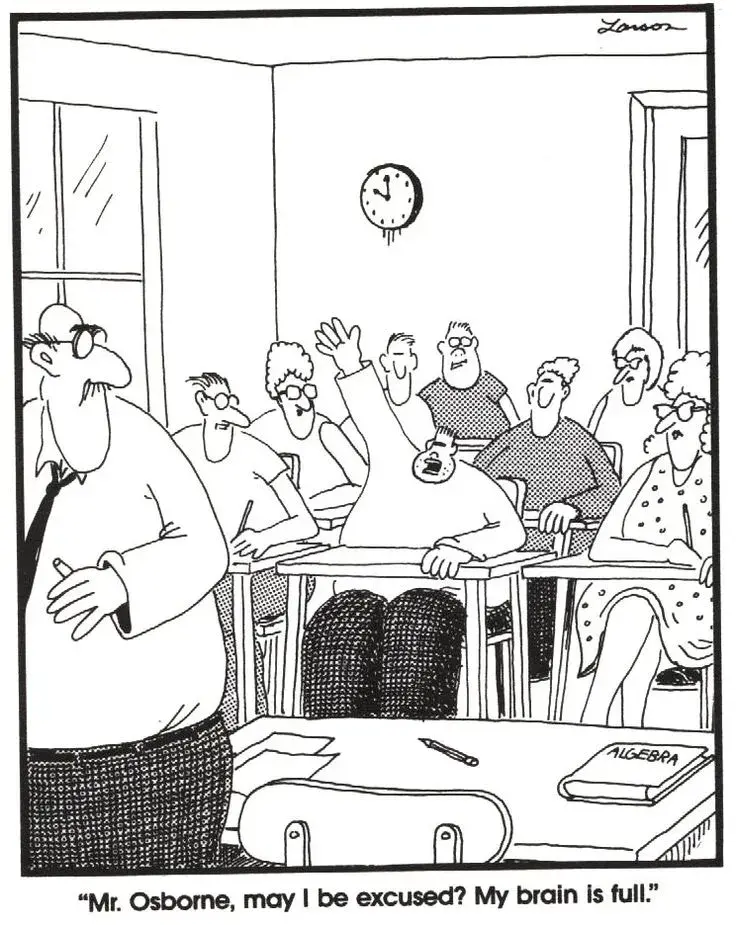Fuck no.
So many regional languages suppressed by the Franco regime in Spain it’s amazing how in less than 50 years they’ve come back and are actively embraced by the younger generation. I appreciate the diversity even though my lizard brain won’t let me learn it.
We French never took our regional languages back, although some areas are still fighting for theirs. So much culture lost.
Up in Catalunya (Barcelona) the dialect is very french-spanish influenced, (but don’t let anyone from there catch you saying it, lol) and Valenciano is a little less so.
Try one of the Language Transfer courses. They are lizard friendly.
Me:

One aspect of genocide is forced cultural assimilation just saying.
Ganesh Devy isn’t the only one with those views; they’re pretty common among linguists. Perhaps because linguists know that language gives you a sense of belonging, connecting you to your peers, and to erase the language of a people is the same as to erase that people. Or, let’s be blunt: like @[email protected] said, it’s genocide.
That gets specially obvious if you rephrase the question in the title as “Should a government destroy that sense of belonging and the cultural diversity of the peoples subjected to the government, for the sake of some nationalistic babble like «cultural unity»?” (For any decent and morally sane person, the answer is “no”. )
Language could liberate, but it could also disintegrate […]
How’s Switzerland going? There are language struggles there, such as the Romansch varieties slowly dying out, but you don’t typically see independence movements there gaining any sort of traction; not even among the Gallo-Romance speakers, even if they would be backed up by some rather powerful nextdoor government. “Perhaps” because Switzerland doesn’t treat its citizens as second class based on language?
In other words, because the government of Switzerland does the opposite as the government of India is trying to?
What’s the maximum number of first-class-official languages that are usable for all official use and actually equal in stature?
- Belgium has French and Flemish, though they’re essentially partitioned by region (i.e. in practice, you can’t rely on Flemish in Wallonia or French in Flanders). The language blocs have their own separate political parties and everything, and have the bare minimum amount to do with each other, like a divorced couple who can’t afford to move.
- The UK recognises Welsh and Scottish Gaelic, though they’re only used in their geographic areas (and even there, you get periodic cockups like some monolingual anglophone pasting a Google Translate error into the Welsh part of a sign).
- Ireland seems to be making a reasonable fist of having English and Irish; most business is conducted in English, though pretty much every Irish citizen learns Irish in school and spends a few months in the gaeltacht where English is not spoken, so I’d venture that the sorts of errors seen in Wales wouldn’t occur there.
- Sweden, meanwhile, has five official languages you can conduct any official business in; they include Sami, Yiddish and Romani, though not English, which almost everyone of working age speaks to a reasonable level. I imagine that dealing with the government in English would probably be easier than doing so in Romani, if those were your two choices.
- Not sure about Canada and Switzerland, but I get the impression that they’re geographically partitioned, if perhaps not as much as Belgium. In Canada, packaging seems to be bilingual by law, though Québec is aggressively francophone, with STOP signs reading ARRÉT and bans on English-language signage, whereas elsewhere, everyone speaks English. In Switzerland, meanwhile, there’s a sharp line between the French and German-speaking parts, which is sometimes called the “Rösti ditch”, and the Alps divide the German- and Italian-speaking parts. Meanwhile, more people primarily speak English than the fourth official language, Rhaeto-Romansch.
So from the above, I’m guessing that after about two languages at most, the country partitions into language regions which develop their own cultures, and ultimately economies and political orders.
Your dataset is a bit biased towards countries of the Global North.
South Africa for example has 12 official languages.
Senegal has French as official language, but very few actually understand it.
The EU is not a country, but it has a parliament with most languages being live-translated.
I mean like wrong? At least speaking for switzerland, there’s no ‘sharp line’ like there’s literally bilingual cities and cantons like Biel/Bienne when I moved closer to the french part the local dialect had more french words in it it’s not a ‘sharp line’ at all. The Röstigraben is more used as a political term similar to something like the urban rural divide because the french speaking cantons are reliably more left than the swiss-german speaking part. As for Rhätisch more people speak portugese than it but I don’t know what point that is for what it’s worth my partner loves watching the Rätisch program and has gotten quite good and understanding more and more so that nowadays she can get the gist of it.
Like shit I ‘conducted business’ in french this week my guess is that if I was on the opposite side of the röstigrabe they would be able to speak german with me, actually they did in Fribourg so…
The maximum number of first-class-official languages is how many people are willing to support them. Again compared to Belgium the political parties aren’t separate if I lived in the french part even not being able to speak a single word I’d be able to do shopping since everything is in german, french and italian, any government document they have to give out in an official language. In school I learned french so again. All about like actual effort.
Edit: Actually talking about Rumantsch there’s literally a somewhat big indie game in Rumantsch you should check it out it’s neat.
Ireland seems to be making a reasonable fist of having English and Irish; most business is conducted in English […]
Historically, that’s mostly because of colonial rule by the English government.
For decades (if not centuries) the Irish language was severely suppressed and might have even died out, if not for the continued efforts by the Irish people to preserve their language and cultural identity.
A combination of the introduction of state funded […] primary education, from 1831, in which Irish was omitted from the curriculum till 1878, and only then added as a curiosity, to be learnt after English, Latin, Greek and French […]. The National Schools run by the Roman Catholic Church discouraged its use until about 1890.
It’s only quite recently that Irish has become an official language in Ireland:
In July 2003, the Official Languages Act was signed, declaring Irish an official language, requiring public service providers to make services available in the language […]
Of course, the fact that Ireland is trading a lot with the UK and other countries in the anglosphere and EU, is a reason to keep English as a major language.
German is also an official language in Belgium
One can have a required language for some purposes, but it’s impossible to think people would use it for everything. The premise is weak.
Tangent re: New Yorker: I’m about to host-block websites that drop a non-dismissible paywall over the browser and force a quit-and-restart
Here’s an archive link to bypass the paywall.
@[email protected] it would be great if you included this archive link into the OP.
Isn’t that just pirating copyrighted material?
I think that it’s in a grey area, but if the site were to sue someone it would be the archive, not people linking it, so it’s safe for us.
I’m not concerned with being sued, I’m just asking if it’s copying someone’s work when that person (or whomever holds the copyright) hasn’t allowed it to be copied. Is that what’s happening here?
Ah, got it.
I’m not too sure but I think that it’s weak copyright infringement (piracy), indeed. However the content being available for free from the site itself, plus the lack of enforcement of its copy rights, muddies a bit the matter.
If it is in fact a copyright infringement, then I’m not going to be posting that.
That’s fair. Never mind the request then.
In Canada we have two official languages. We also have several indigenous languages which may be in danger of being lost if people stop speaking them. I can’t see how forcing everyone to embrace a single language won’t put the cultures that speak the other languages in danger of being subdued, permanently altered, or even of disappearing.
Humans are at our best when we embrace diversity.
Betteridge’s law of headlines strikes again









